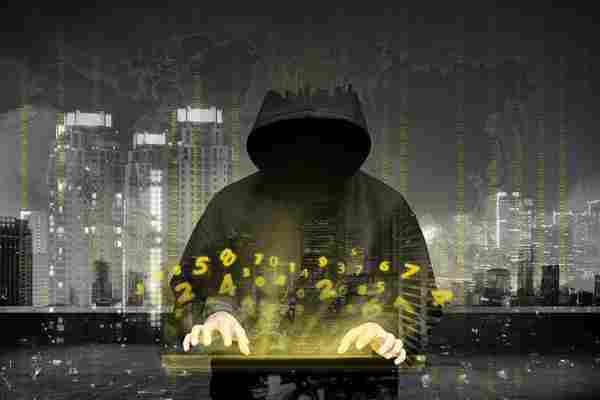The internet is one of the most useful tools we have, but it can also leave us vulnerable to many forms of cybercrime. The latest threat sounds like something out of a movie: ransomware. Yes, it’s as bad as it sounds, and it’s on the rise. Ransomware attacks rose 6,000% between 2015 and 2016 , according to an IBM Security study .

Ransomware can infiltrate your computer and virtually tie up your documents, or even your entire machine. Everything will stay encrypted and locked until you pay a ransom – usually in a form of digital currency like Bitcoin. Two massive ransomware attacks hit businesses worldwide recently: the “Wanna” or “WannaCry” attack in May , followed up quickly by the Petya or NotPetya attack in June. But, while news stories tend to focus on the damage done to businesses, home users are also at risk.
The major source of ransomware: email. According to the same IBM Security study, 40% of all spam email had ransomware within it. Think you’re safe because you don’t open email from anyone you don’t know? Great idea, but ransomware can come from someone you do know . It can be hidden in a link or executable file from a friend or colleague who has no idea they’re sending you something dangerous. You can also encounter ransomware through malicious websites, phishing attacks, exploits, out-of-date software, and more.

What do you do if ransomware happens to you? One thing is for certain: don’t pay. The FBI strongly advises users and organizations to not pay up when hit with ransomware . Once you’ve paid a ransom, the bad guys know you have data worth paying for and money to pay for it, and you’re very likely to be targeted again. Additionally, you could make the payment and never receive the keys to unlock your files. Cyber criminals are in no way forced to deliver once they get your money.
So, what can you do to stop ransomware?
1. Being a cautious, educated user is a great first step
2. Keep your operating system up to date and patched
3. Be aware of suspicious links or emails
4. Back up your all your data, documents, files, etc.
In addition, make sure you have strong security software. One of the few S oftonic recommends is HitmanPro.Alert by Sophos . HitmanPro.Alert uses advanced, real-time and behavioral technologies to observe all the processes that interact with your valuable files. If it detects something unknown making changes that result in encrypted data, it’ll terminate the malicious malware or program, and rollback the encryption on your files and documents to a pre-tampered state.
It also blocks and removes other types of malware and hacking attempts from your computer, making it strong overall security software.
